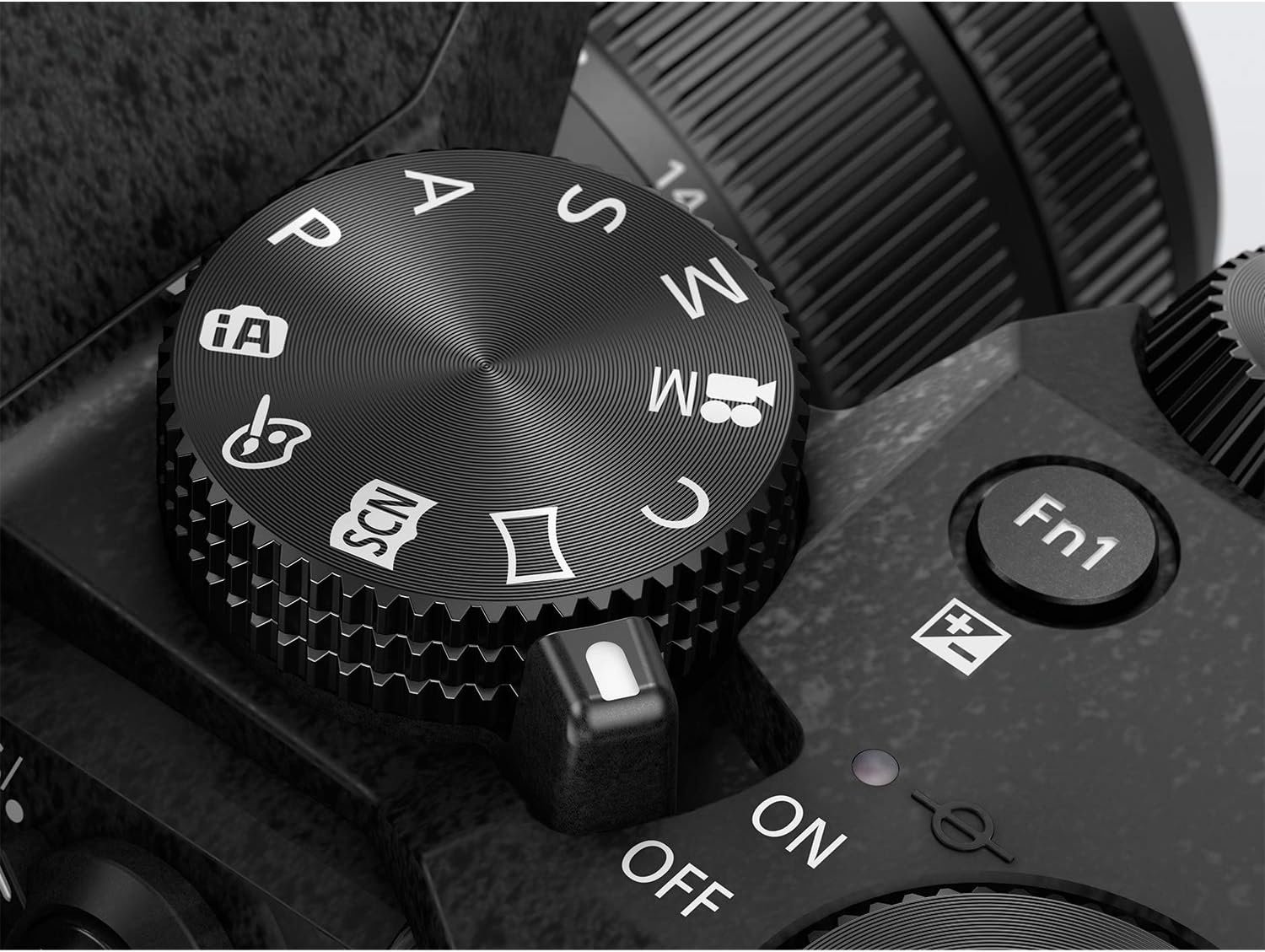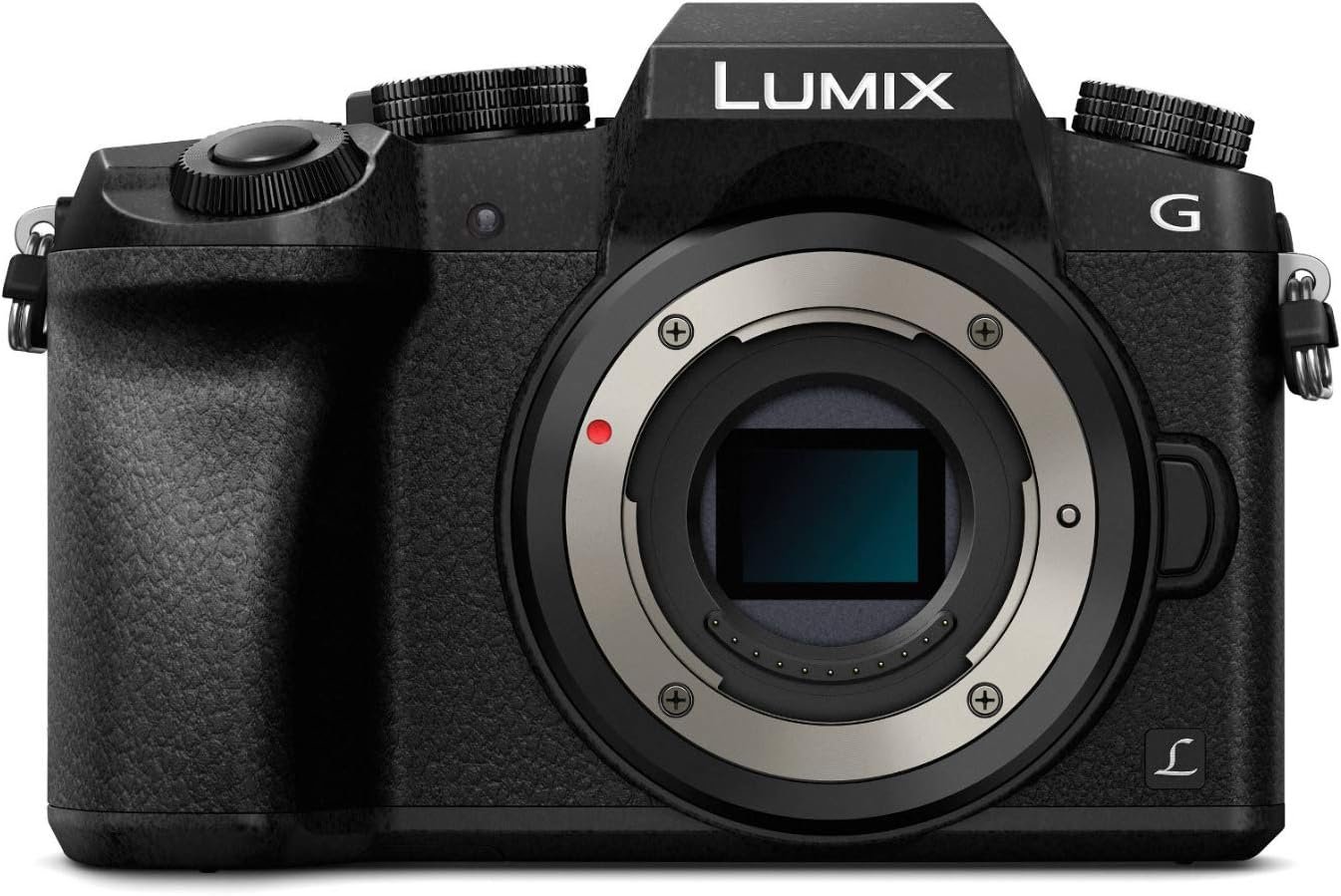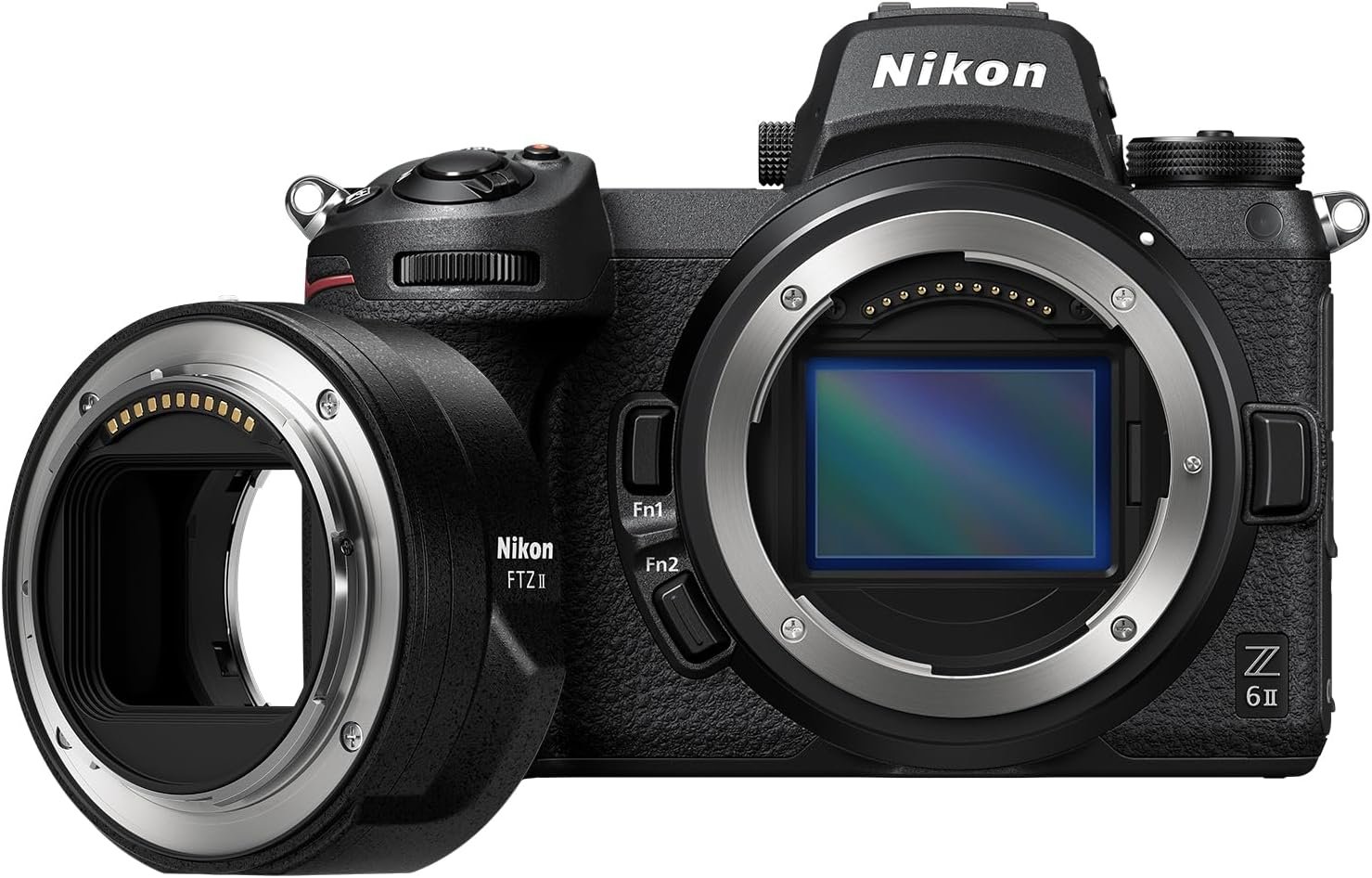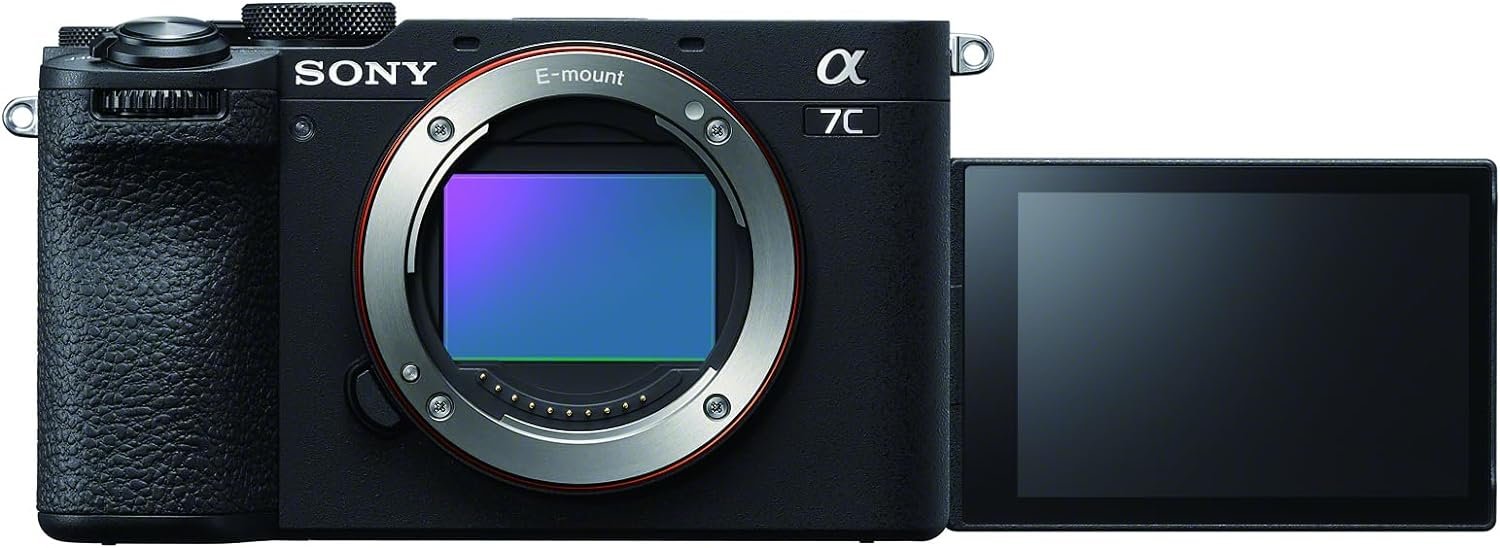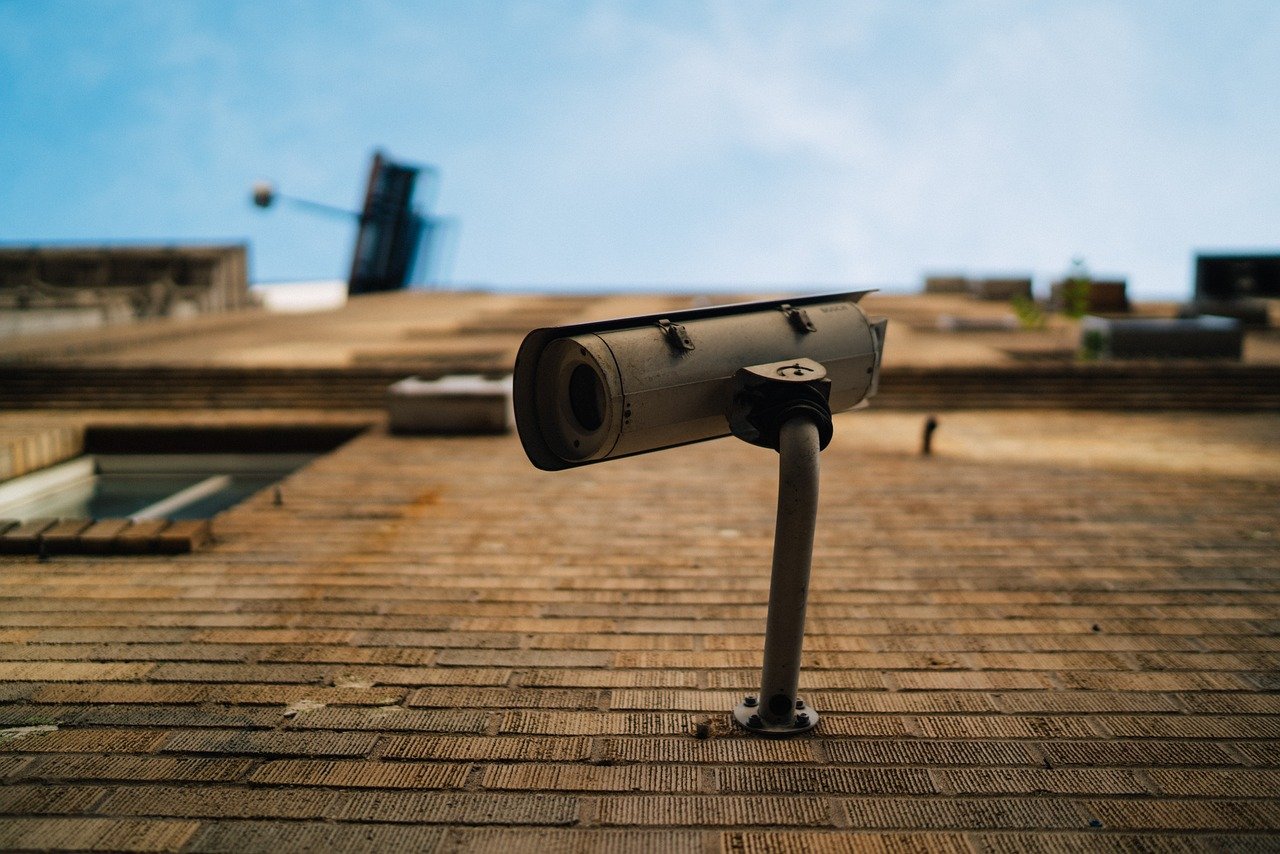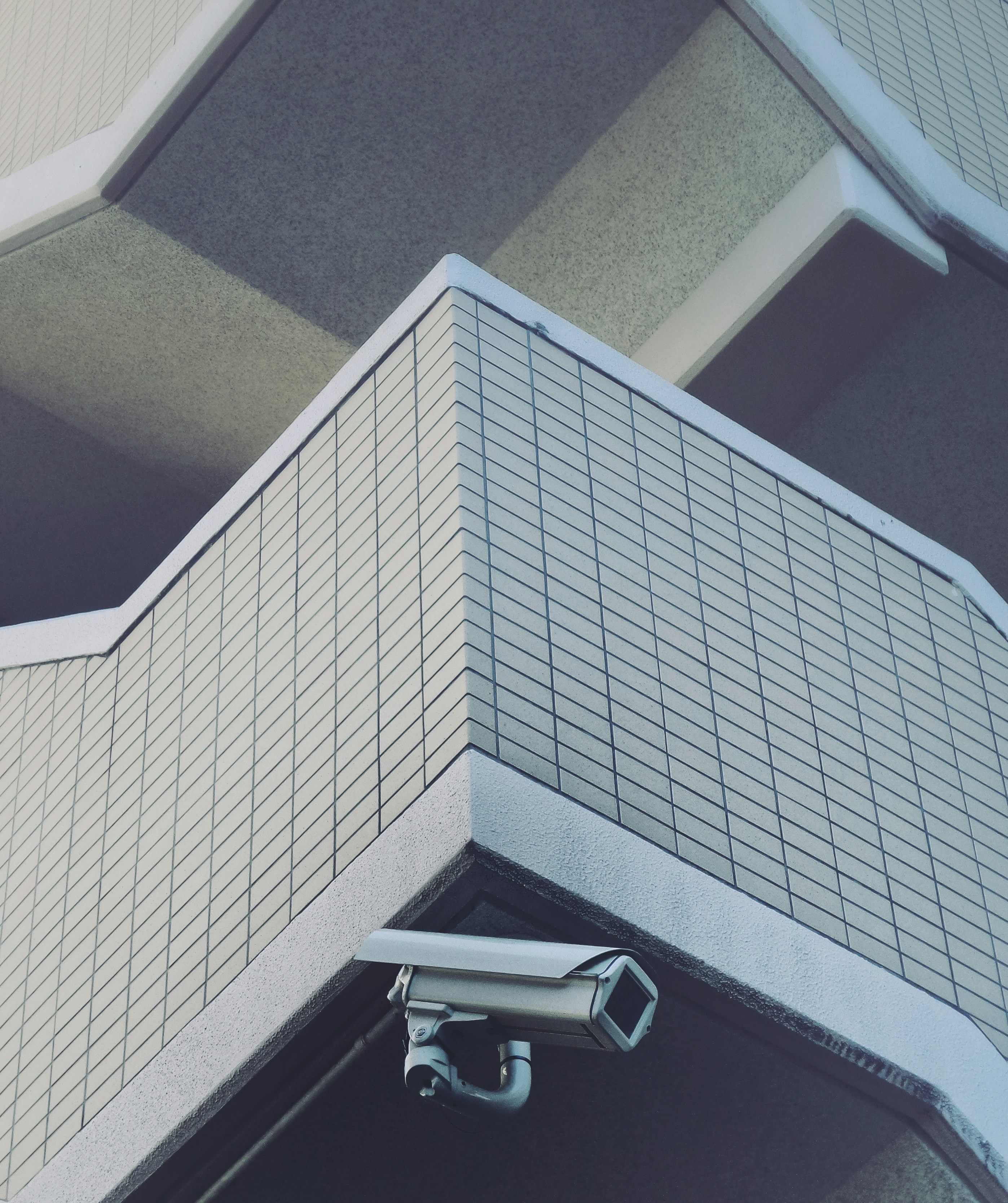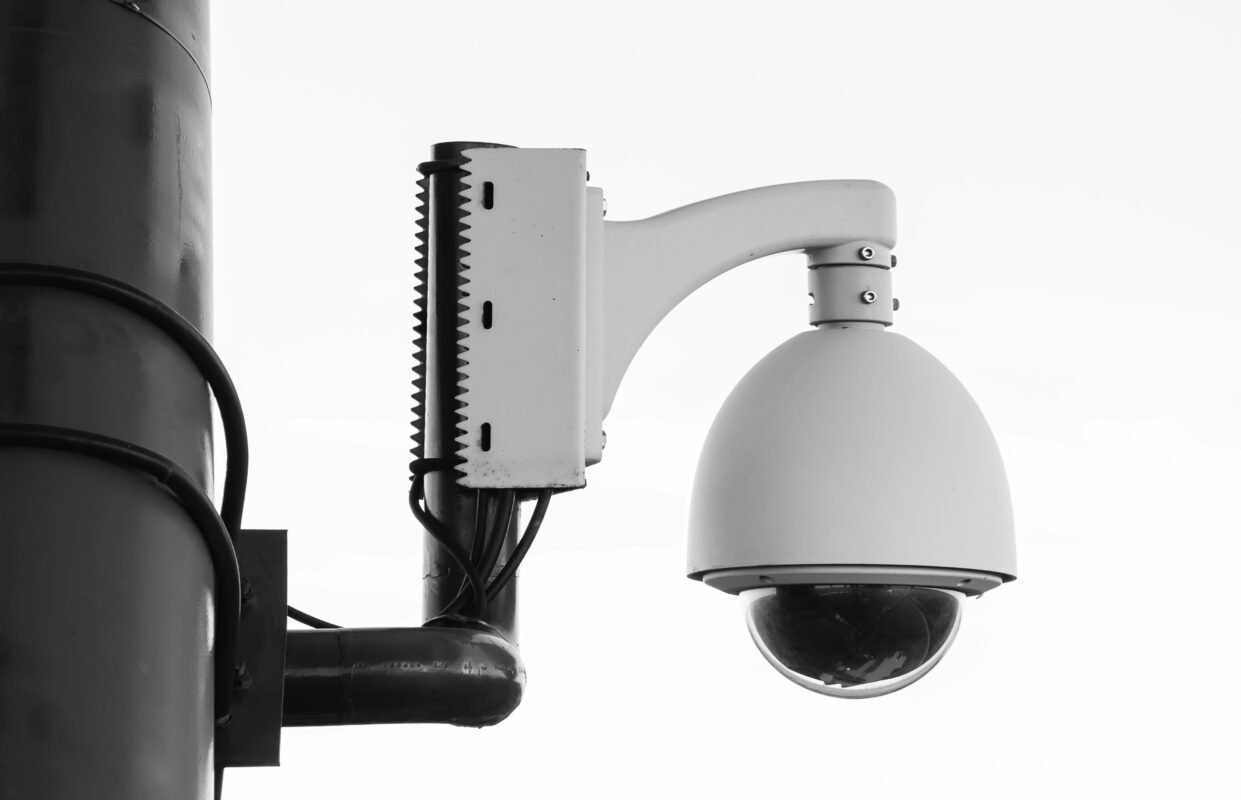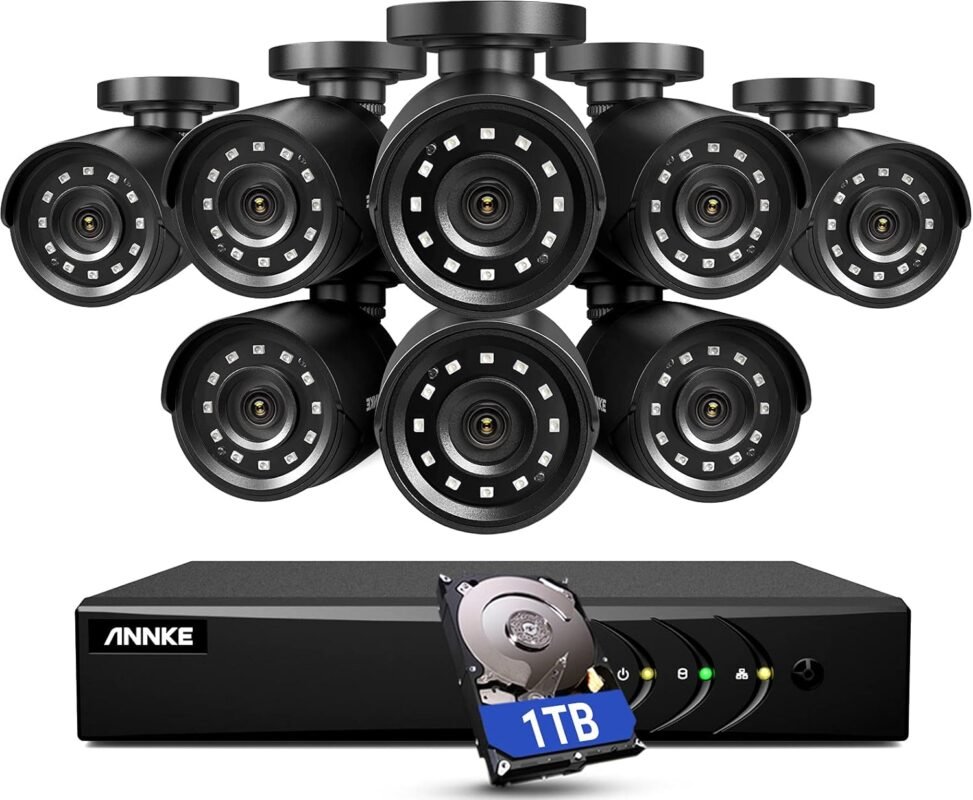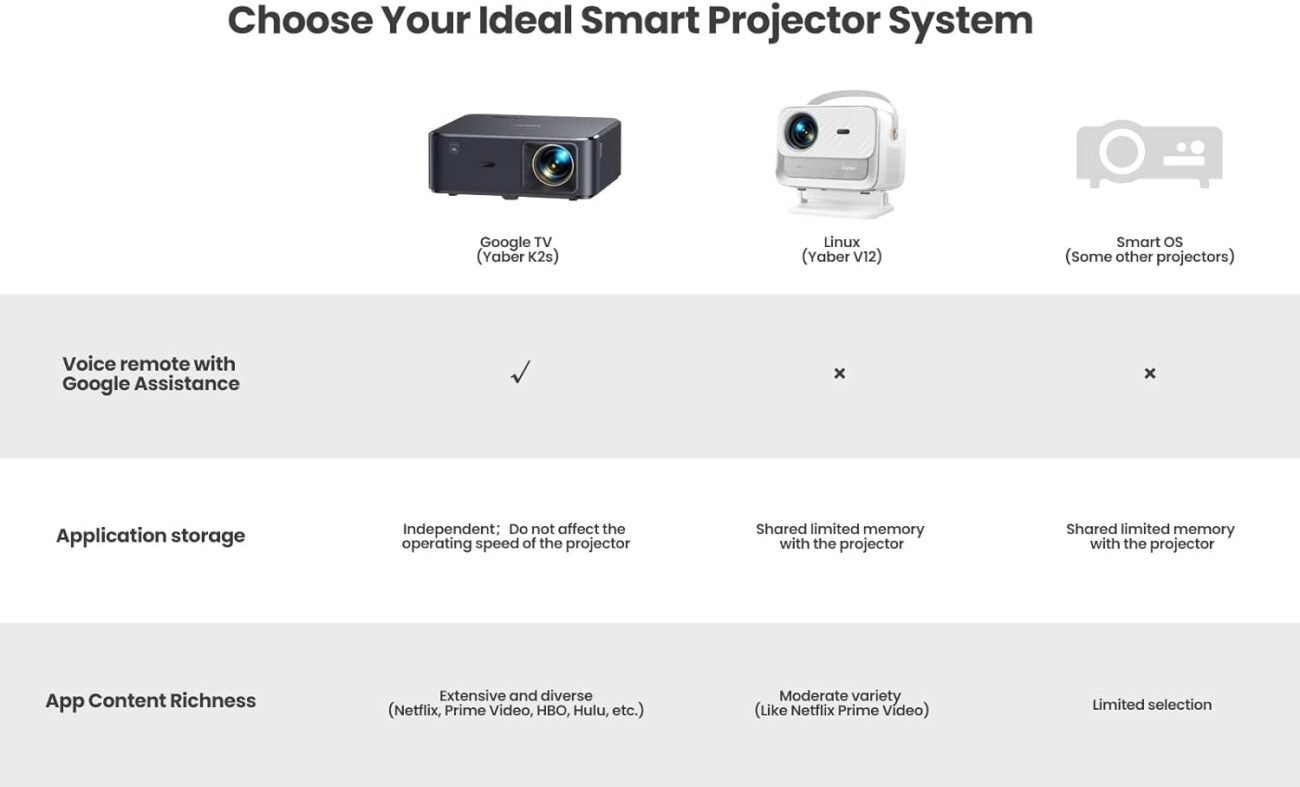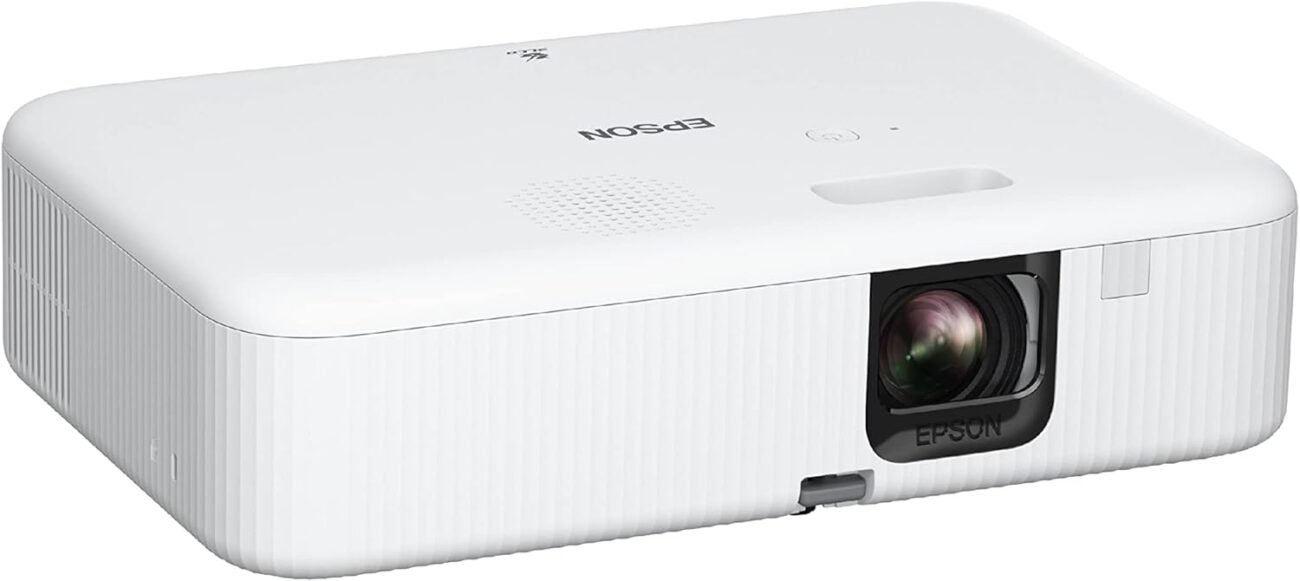Hello there! Have you ever wondered about the lifespan of security camera systems? Well, you’re in luck because today we are going to explore just that. From factors affecting longevity to tips for extending the lifespan of your security cameras, we’ve got you covered. So sit back, relax, and let’s dive into the world of security camera lifespans! What is the Lifespan of Security Camera Systems?
Have you ever wondered how long security camera systems are expected to last? In this article, we will explore the typical lifespan of security cameras, factors that can affect their longevity, and tips on how to extend the life of your security system.

This image is property of pixabay.com.
Factors Affecting the Lifespan of Security Camera Systems
When it comes to determining the lifespan of security camera systems, several factors come into play. By understanding these factors, you can better assess the longevity of your security system and make informed decisions about maintenance and upgrades.
Quality of the Camera
The quality of the security camera itself plays a significant role in determining its lifespan. Higher-quality cameras with better construction and components are likely to last longer than cheaper, low-quality cameras. When purchasing a security camera system, it is essential to invest in reputable brands known for their durability and reliability.
Environmental Conditions
The environment in which security cameras are installed can have a significant impact on their lifespan. Outdoor cameras are exposed to harsh weather conditions such as extreme temperatures, rain, and humidity, which can accelerate wear and tear. Indoor cameras, on the other hand, are typically more protected and may last longer as a result.
Maintenance and Care
Regular maintenance and proper care can help extend the lifespan of security camera systems. Keeping the cameras clean from dust and debris, checking for loose connections, and performing routine inspections can prevent issues and ensure optimal performance. Simple tasks such as cleaning the camera lenses and checking for signs of damage can go a long way in prolonging the life of your security system.
Typical Lifespan of Security Camera Systems
While the lifespan of security camera systems can vary depending on the factors mentioned above, there are general guidelines for how long you can expect your cameras to last. Here is a breakdown of the typical lifespan of security camera systems based on the type of camera:
| Type of Camera | Lifespan |
|---|---|
| Analog Cameras | 5-10 years |
| IP Cameras | 5-10 years |
| PTZ Cameras | 5-10 years |
Analog cameras, IP cameras, and PTZ (Pan-Tilt-Zoom) cameras are some of the most common types of security cameras used today. While these cameras have a general lifespan of 5-10 years, proper maintenance and care can extend their longevity.
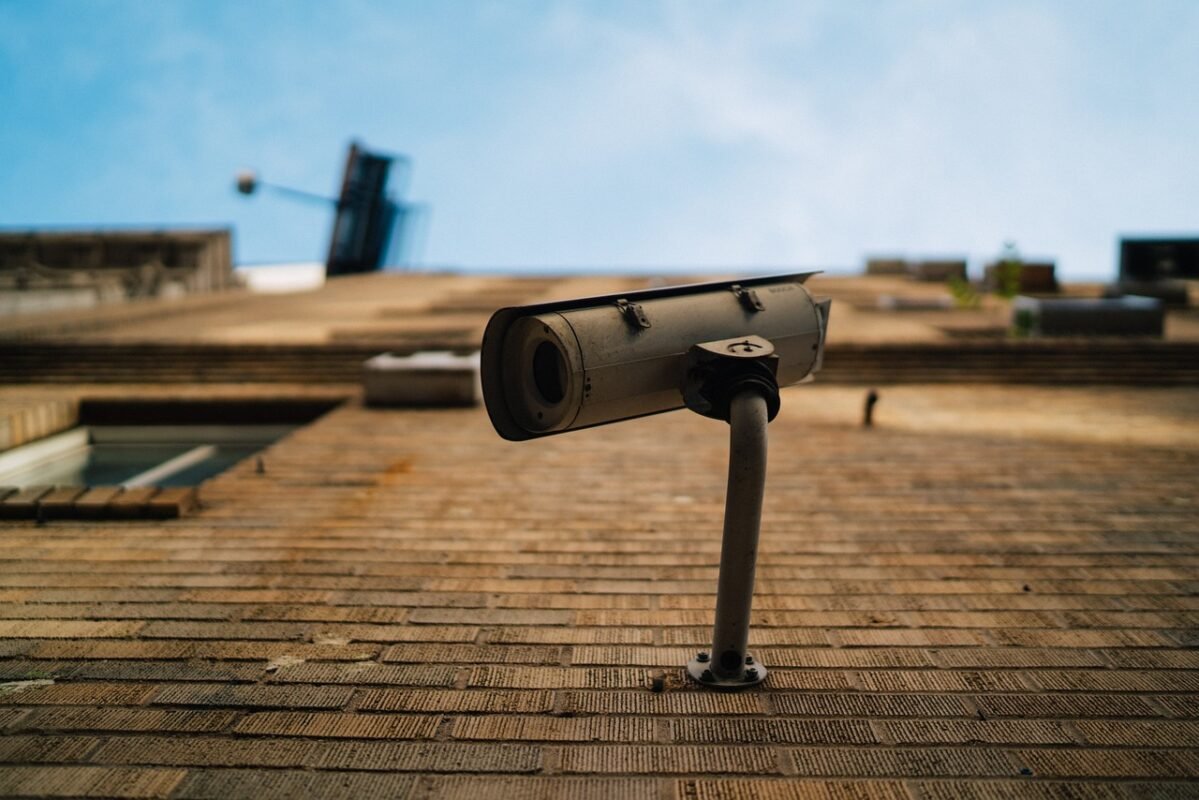
This image is property of pixabay.com.
How to Extend the Lifespan of Security Camera Systems
Now that you understand the factors that can affect the lifespan of security camera systems and have a general idea of how long they are expected to last, let’s explore some tips on how to extend the life of your security system:
Invest in Quality Cameras
As mentioned earlier, investing in high-quality security cameras can make a significant difference in their lifespan. While it may be tempting to opt for cheaper options, purchasing cameras from reputable brands known for their durability can save you money in the long run by reducing the need for frequent replacements.
Protect Cameras from Environmental Elements
If you have outdoor security cameras, it is essential to take precautions to protect them from environmental elements that can cause damage. Consider installing weatherproof housing for outdoor cameras, placing them under eaves or awnings, and regularly inspecting them for signs of water damage or corrosion.
Perform Regular Maintenance
Regular maintenance is key to ensuring the optimal performance and longevity of security camera systems. Create a maintenance schedule that includes tasks such as cleaning camera lenses, checking for loose connections, and updating firmware. By staying proactive with maintenance, you can catch potential issues early and prevent costly repairs or replacements.
Monitor Camera Performance
Monitoring the performance of your security cameras can help you identify any issues that may be affecting their lifespan. Keep an eye out for signs of degradation such as blurry images, flickering screens, or lagging video feeds. If you notice any issues, address them promptly to prevent further damage.
Upgrade Technology When Necessary
As technology advances, older security camera systems may become outdated and less effective at providing adequate surveillance. To ensure the security of your property, consider upgrading your cameras and system components when necessary. Upgrading to newer models with enhanced features and capabilities can not only improve security but also extend the lifespan of your security system.
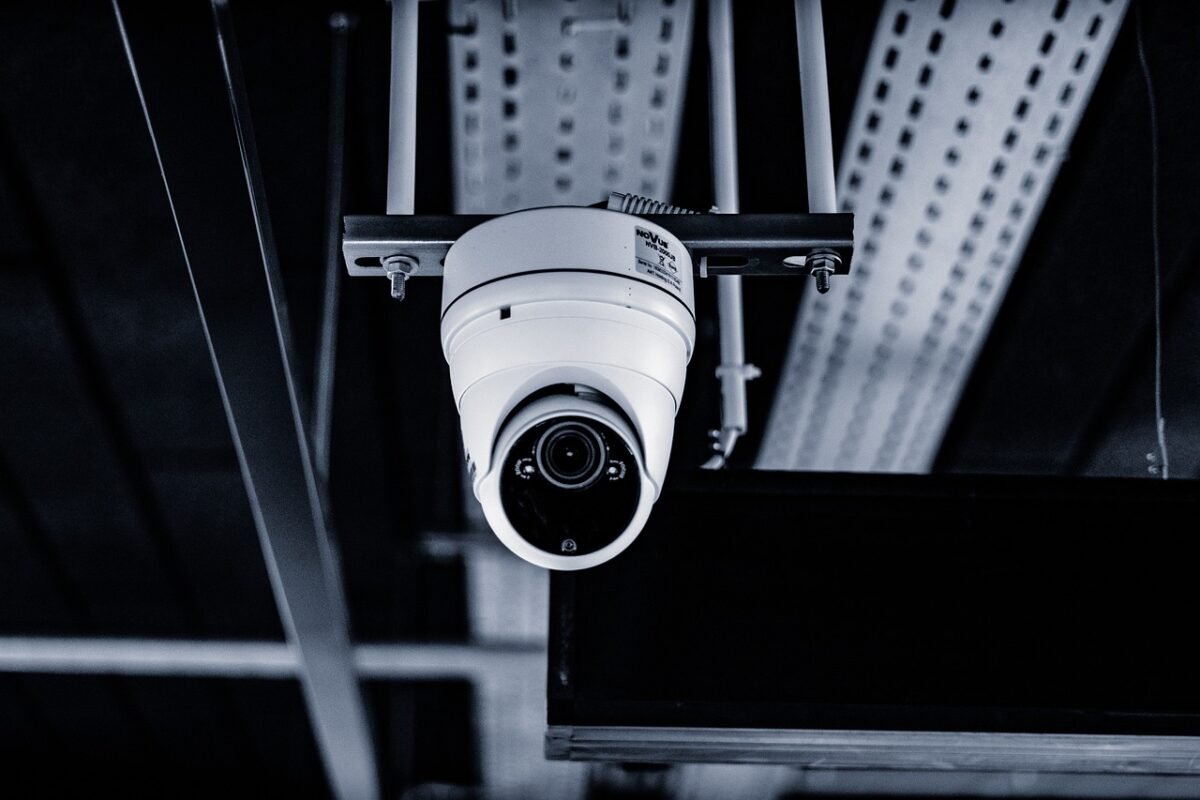
This image is property of pixabay.com.
In Conclusion
In conclusion, the lifespan of security camera systems can vary based on factors such as camera quality, environmental conditions, maintenance, and care. By investing in quality cameras, protecting them from environmental elements, performing regular maintenance, monitoring performance, and upgrading technology when necessary, you can extend the life of your security system and ensure reliable surveillance for years to come. Remember, a well-maintained security camera system is essential for protecting your property and loved ones, so make it a priority to care for your security cameras accordingly.
This image is property of images.unsplash.com.











